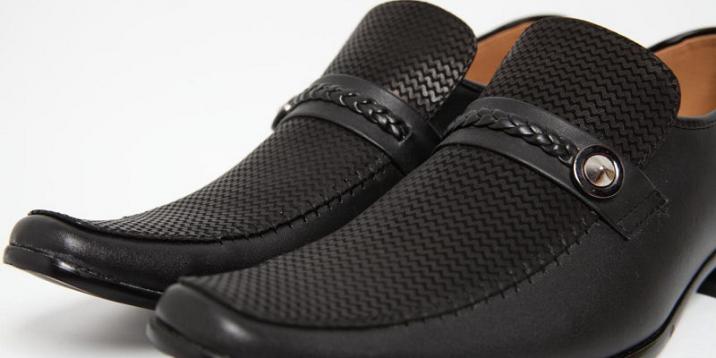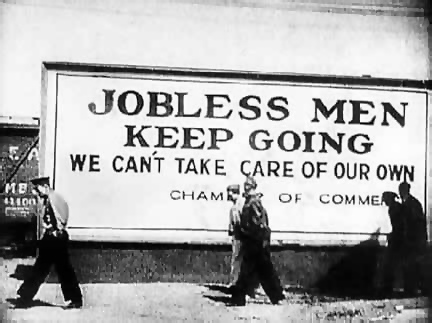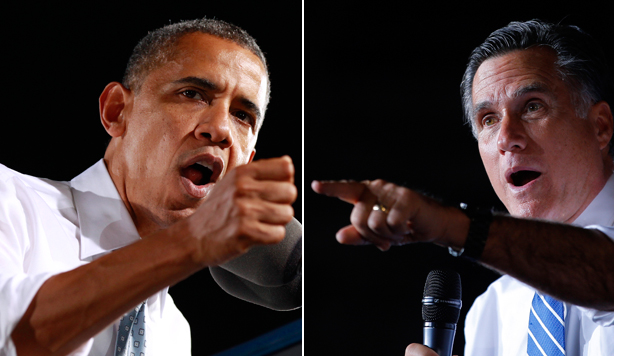http://www.canadianbusiness.com/article/98474–men-s-shoes-the-case-for-spending-800
Men’s dress shoes have not changed styles for almost 300 years, and the probably won’t be fluctuating much in the next 100. 19th century black lace-ups were seen at 2012 Louis Vuitton fall collection paired with futuristic shining leather dress shirts. Similar shoes have been seen at Salvatore Ferragamo, and Giorgio Armani fashion shows. Tim Little, owner of British footwear brand Genson states, when asked about whether the 19th century style shoes were still in fashion, “The toe-cap oxford, the loafer, the wingtip brogue, the plain-fronted five-eyelet Derby—they are all very, very classic.”
It gets interesting when shoe companies based in Northamptonshire, England have come up with a technique called Goodyear welding, where shoes can be resoled without losing shape, thus allowing a pair of these Northamptonshire shoes to last well longer than 15 years.
The point is: If the shoe you spend $800 dollars on can be resoled over and over again despite normal wear and tear, and age like fine wine over time, this $800 isn’t a gamble, it is good use of your business knowledge. Now tell your wife or mom you’re spending $800 dollars on a pair of Northamptonshire shoes that never breaks or go out of fashion.
How do these look?



